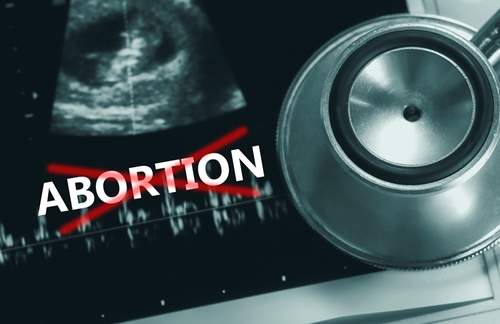
RFK Jr. PURGES Vaccine Panel – Chaos ENSUES!
The sudden removal of every member of ACIP by Robert F. Kennedy Jr. has left the medical community scrambling to predict the fallout for U.S. vaccine policy and public health.
At a Glance
- RFK Jr. removes all 17 ACIP members, citing conflicts of interest.
- ACIP crucial for advising vaccine safety, impacting public insurance coverage.
- Concerns arise over new members’ expertise and impacts on vaccine access.
- AMA expresses alarm over lack of transparency and potential public health risks.
RFK Jr.’s Sweeping Action
Health and Human Services Secretary Robert F. Kennedy Jr. dismissed all 17 members of the CDC’s Advisory Committee on Immunization Practices (ACIP). The committee’s role in guiding vaccine safety, efficacy, and distribution is vital to U.S. public health policy and the broader health insurance industry. Kennedy stated his firm belief that this move is essential “to re-establish public confidence in vaccine science,” targeting what he deems as industry-influence over healthcare recommendations.
The Biden administration had appointed the now-dismissed members, mostly in 2024, raising questions about whether this move by Kennedy extends beyond mere public health concerns. There is widespread apprehension within the medical community about the new appointees’ qualifications to handle such critical and complex issues. Critics argue that the reshuffle undermines the trust in vaccine recommendations and could be a conduit for an anti-vaccine agenda.
Potential Consequences for Vaccine Policy
ACIP’s recommendations directly influence which vaccines are covered at no cost under private insurance, Medicare, and Medicaid programs. Alterations or removal of these recommendations could escalate healthcare costs across the board, impacting the affordability and accessibility of vaccines like flu shots and childhood immunizations. As a result, payers may not be obligated to cover certain vaccines without the ACIP’s endorsement.
“Today we are prioritizing the restoration of public trust above any specific pro- or anti-vaccine agenda. The public must know that unbiased science — evaluated through a transparent process and insulated from conflicts of interest — guides the recommendations of our health agencies.” – Robert F. Kennedy Jr.
Kennedy’s move has already attracted criticism from top health organizations, including the American Medical Association (AMA). Dr. Bobby Mukkamala from the AMA expressed the association’s deep concern over the hasty appointment of new ACIP members without due transparency and scrutiny. The fear is palpable that inadequate expertise could lead to misguided advice, possibly endangering public health by increasing vulnerability to vaccine-preventable diseases.
Broader Implications
This unprecedented upheaval is a reflection of Kennedy’s broader skeptical stance toward vaccines. It’s not just about who sits on the ACIP; it’s about a fundamental shift in how vaccine decisions are made in the U.S. Concerns mount that Kennedy’s appointees—some with vocally skeptical views on vaccines—may prioritize ideological beliefs over established science, potentially leading the nation down an uncertain path.
“The AMA is deeply concerned to learn that new members have already been selected for the Advisory Committee on Immunization Practices (ACIP) without transparency and proper vetting to ensure they have the expertise necessary to make vaccine recommendations to protect the health of Americans” – Dr. Bobby Mukkamala.
Ultimately, the concern runs deeper than vaccine policies, touching on the very integrity of public health governance. As Kennedy’s sweeping changes ripple through the healthcare system, only time will tell if his approach will restore public trust or result in an erosion of the public’s faith in one of the government’s most critical roles.




